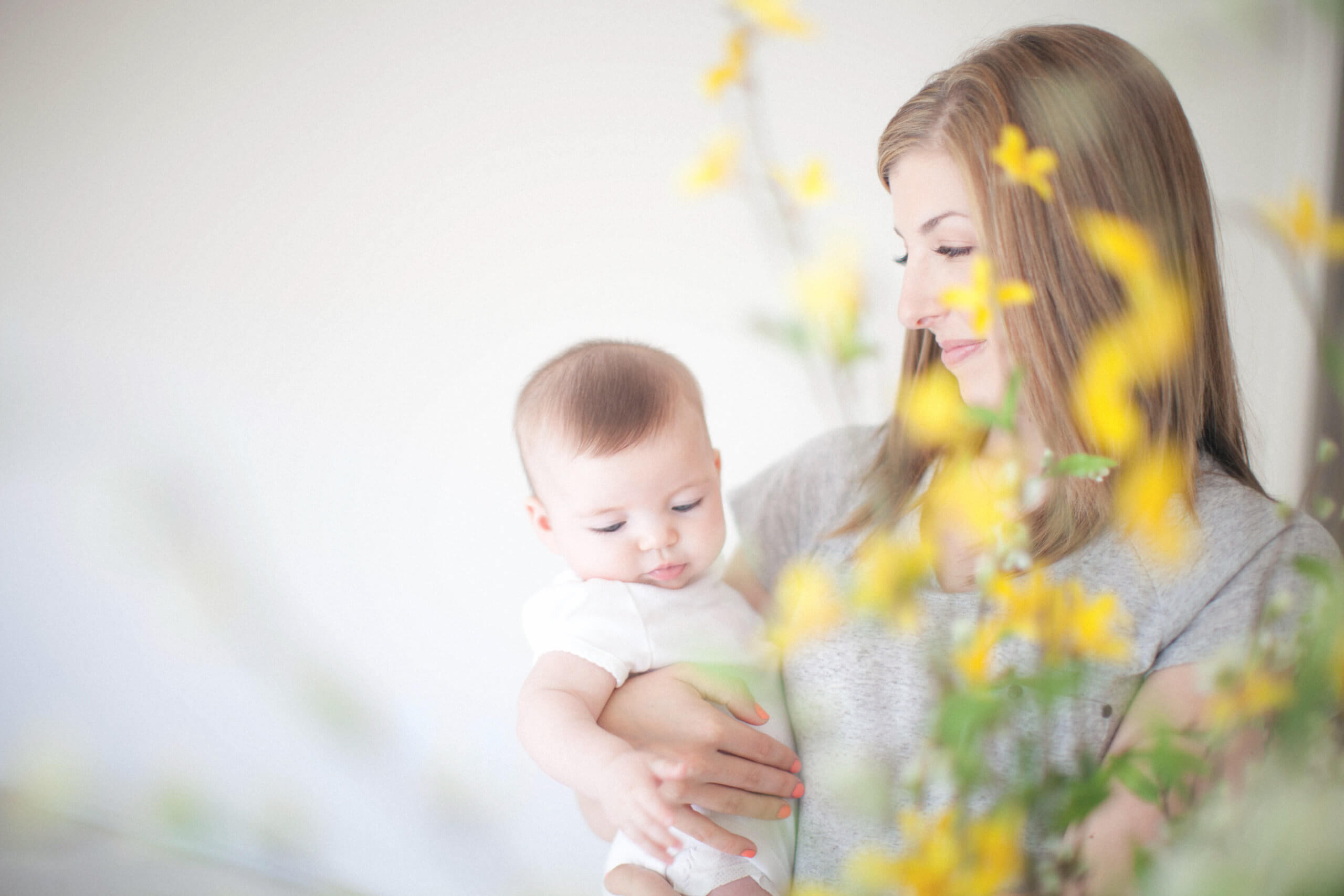Everybody gets mad sometimes, and kids are no exception. Anger is natural, but learning how to handle anger will mean stepping away from what is natural. Children handle their anger differently so you might not be able to use the same techniques as your friends. It’s even likely that your own kids will need different methods. But there are some basic ideas that can help you teach kids what to do when the anger boils up.
Ephesians 4:26 teaches, “in your anger do not sin.” The basic human instinct is to lash out at whatever makes us angry. Toddlers will push, shove, hit, bite, or just grab the toy and throw it. That is a great illustration for the verse. Older kids will sulk, stomp off, yell, or maybe try to hit or shove. So, one of the first things every child needs to learn is what to do in those first moments of anger.
- An angry baby just needs to be distracted so they can stop thinking about whatever it was that made them mad.
- An angry toddler that has taken a swing at a friend can be separated, placed in a secluded spot like a playpen or chair, and firmly told, “we don’t hit.” After the roar has subsided ask them to let you know when they are ready to play nicely. When that moment occurs, give them a hug and say, “Thank you for wanting to be a good friend.” Lead them to the child that was hit and ask them to say, “I’m sorry.” You are done until the next time—don’t bring it back up unless it happens again immediately.
- A school-aged child needs a broader lesson. School-aged kids are more thoughtful about their anger and will learn to plan or exact revenge. They need to learn to let most of their anger go. Everybody messes up. Everybody does stuff wrong. Everybody gets angry. School-aged kids know that is true, but they need to know it is true for everyone, including themselves. Otherwise, they will take too much personally that just needs to be forgiven or forgotten. Here is a good way to help school age kids learn to manage their anger:
The Tea Kettle Illustration
When your child is angry about what they have done or what someone else has done: Let them stew alone for a little while and teach them to think before acting. Self-control will help them with, “in your anger do not sin.” Then later, when they are ready to listen, take them to the kitchen and give them this visual. Set a whistling tea kettle, filled with water on the stove, and let it start boiling. As you listen to the first noises from the water beginning to heat up, talk about all the things that caused your child’s anger to build. When the tea kettle starts to whistle, compare that noise to your child’s feelings of anger. Then, this lesson:
- Remove the kettle from the burner and the whistle will die away. Teach your child that, most of the time, the best thing he or she can do is get away from whatever is causing their anger.
- Boiling water can hurt. Teach your child that when they are “boiling” they can hurt others if they aren’t careful.
- Put the tea kettle back on the burner until it is screaming again. Teach your child if they do the same things that caused them to get angry before, they will probably get angry again. Talk about how to avoid the “heat.”
- Talk about what would happen if you left the tea kettle to boil on the stove. Eventually, the kettle would get ruined and if left long enough, could cause a bad fire. Teach your kids that anger needs to be handled or it can lead to worse things.
- Then, teach them what God can do with our anger. Grab a couple packages of instant hot chocolate, two mugs and start brewing! As you stir, tell your kids that everyone makes mistakes and everyone gets angry. It’s what you do with your anger that matters.
- Finally, set the kettle on the back burner and turn off the stove. Ask your child what will happen to the water that is left inside. Tell them most anger is like that. If they will walk away from the heat, stay away from the heat, learn to avoid the heat, and do something good with their feelings—their anger doesn’t need to result in a bad thing. Feelings don’t last forever, but what we do with our feelings might. Now, enjoy the hot chocolate and your child’s company.
This lesson works well, for a lifetime. In the future, you might hear your children arguing with each other, or with someone else. Just walk by with the tea kettle in your hand and a smile on your face . . . words won’t even be necessary.



